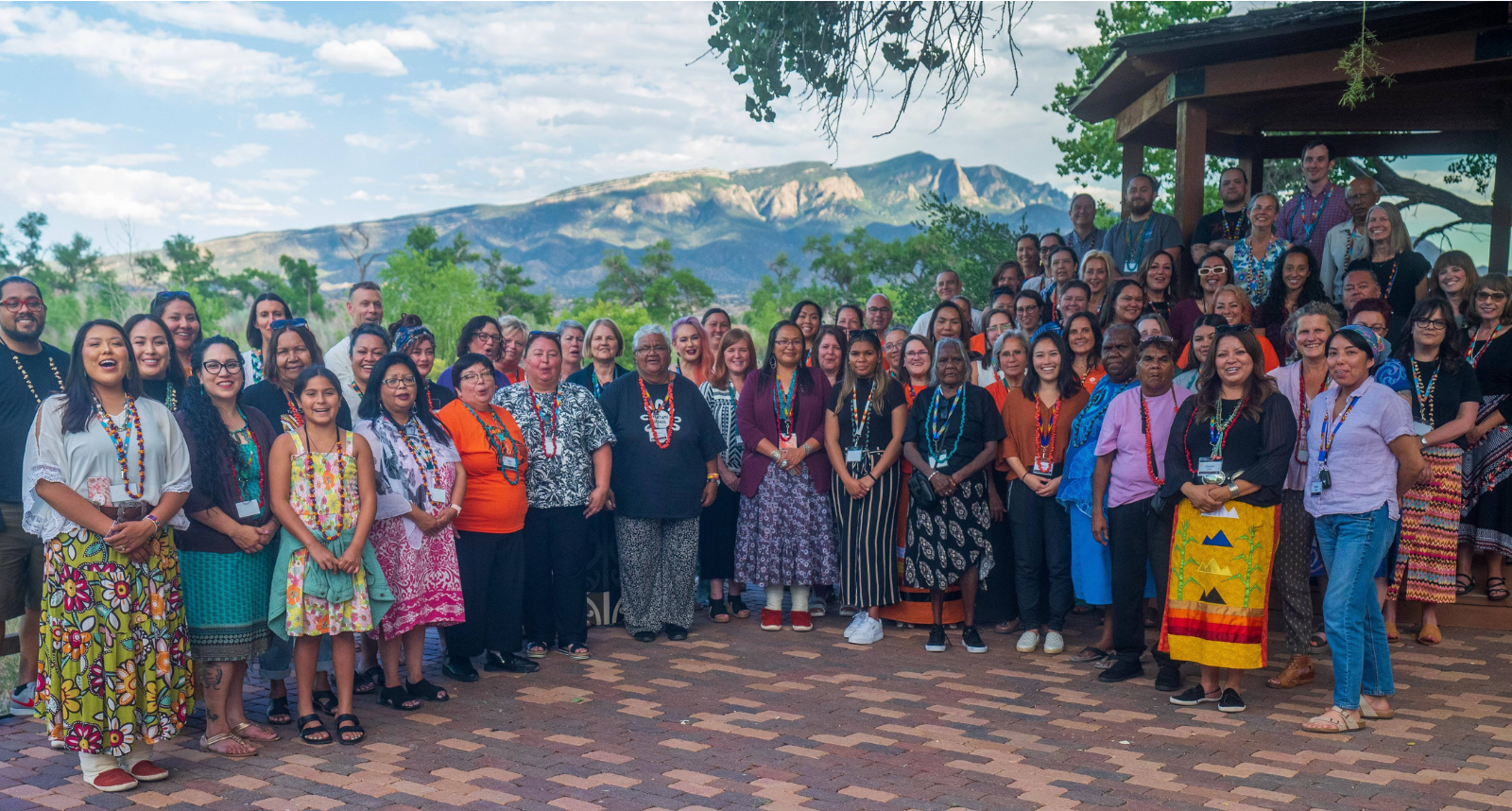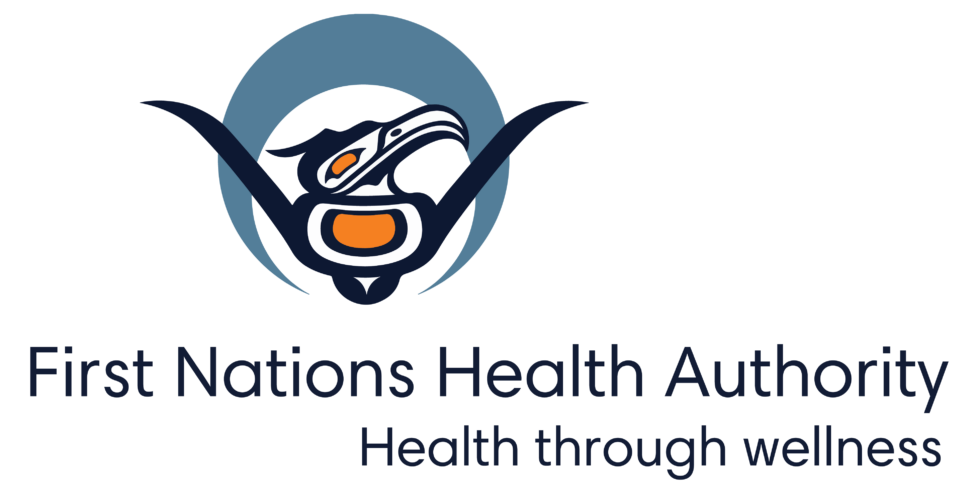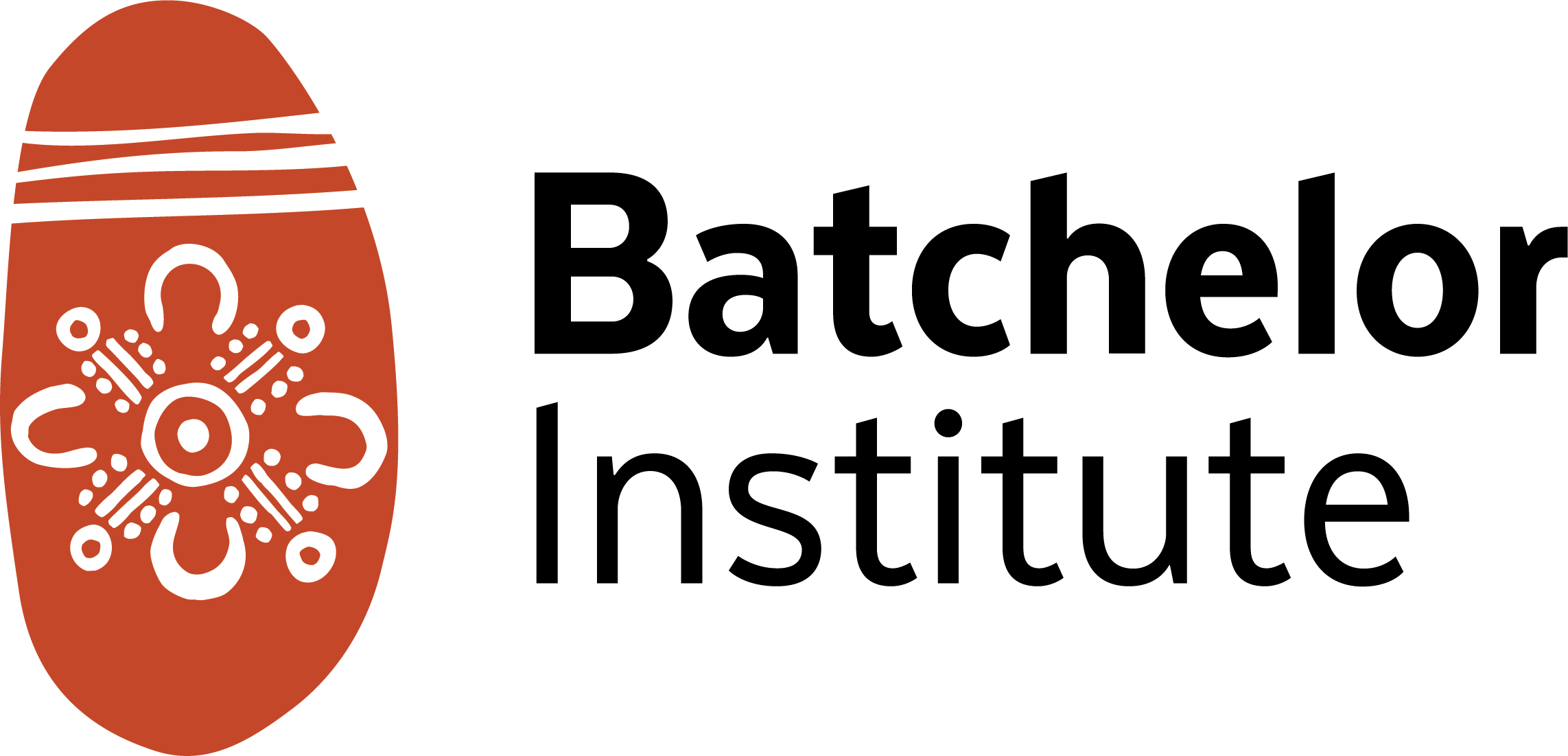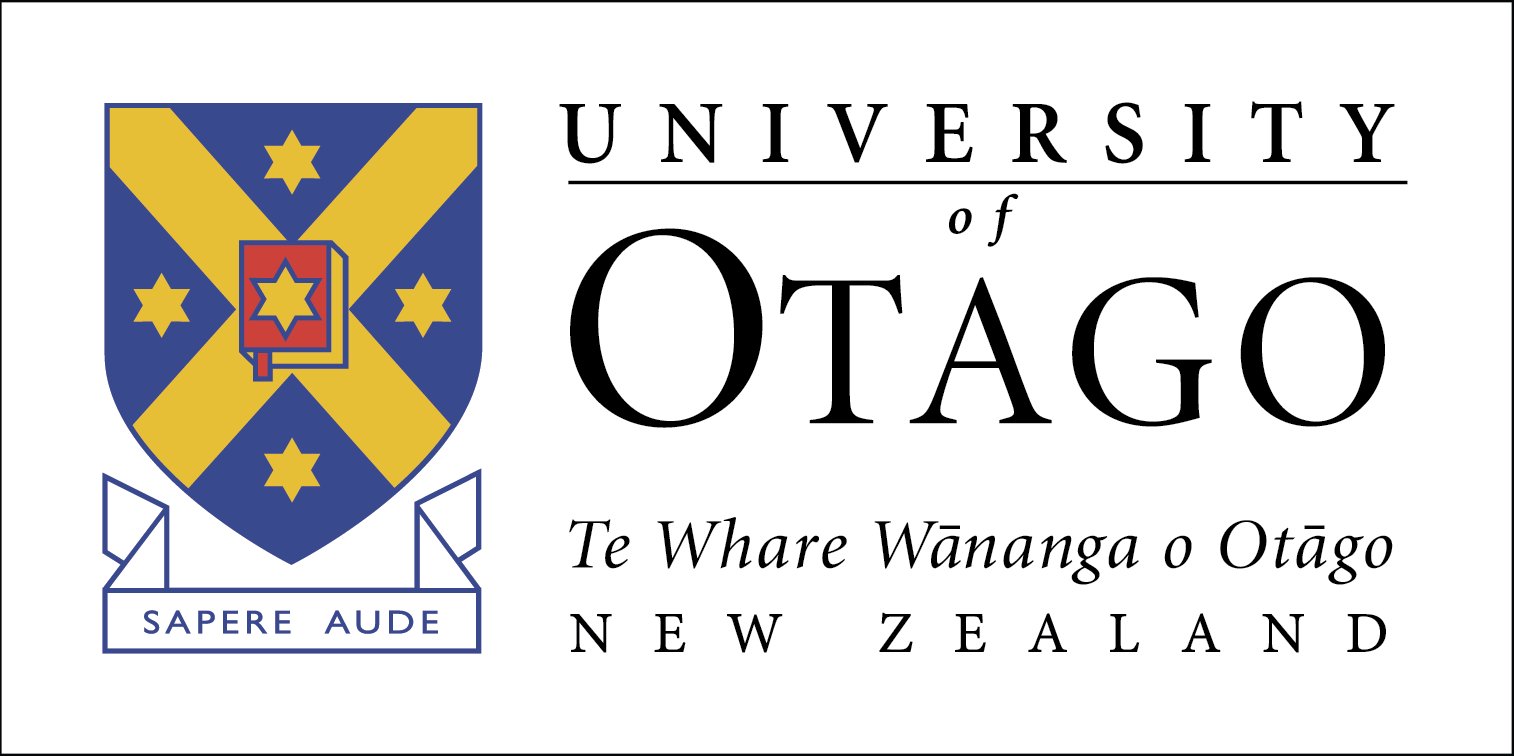
About the LEGO SPIRIT (Supporting Play and Intergenerational Relationships with Indigenous Tradition) Project
Johns Hopkins Center for Indigenous Health is honored to be a part of the LEGO Foundation’s Build a World of Play Challenge to support child development worldwide. Funding provided through this challenge will support the international sharing of the Family Spirit program as well as the development of intergenerational playspaces designed by and for Indigenous communities across the U.S., Canada, Australia, and Aotearoa (New Zealand).
Together we seek bold solutions to reclaim strong families and strong autonomous Indigenous communities.



